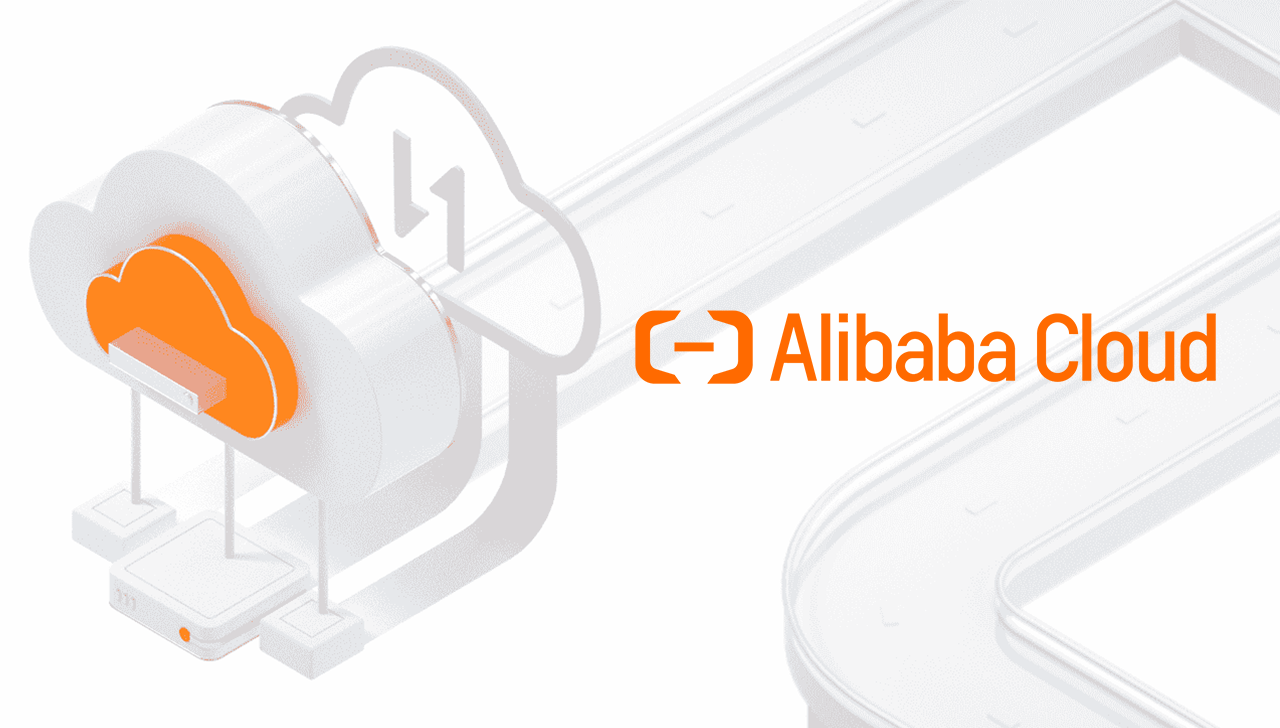Gone are the days of having to convince organizations to move to the cloud. The pandemic and emergence of hybrid work trends have made cloud solutions integral to today’s business processes.

According to last year’s The Role of Cloud in Asia and Confidence in Asian Innovation survey commissioned by Alibaba Cloud, 94% of Philippine businesses agree that cloud-based solutions are crucial in navigating the pandemic. 88% of respondents also admitted that they are now more supportive of using cloud technologies to grow their business compared to before the pandemic.
But as companies become more dependent on the cloud, larger enterprises deliberately choose to use multiple cloud vendors instead of standardizing on just one. So what makes going multi-cloud more attractive to these organizations?
1. It eliminates vendor lock-in.
Companies don’t want to be overly dependent on one organization. Potential price hikes and support issues are just some of the concerns businesses have if they rely on only one vendor.
2. You can choose best-of-breed solutions.
Companies can choose the best components from competing services in a multi-cloud environment, allowing them to use the most suitable solutions for their business requirements. Organizations using another cloud vendor may, for example, opt to utilize Alibaba Cloud’s comprehensive portfolio of services for media and entertainment scenarios.
3. You can enjoy more competitive prices.
Going multi-cloud also allows you to choose technologies that better fit your budget as cloud vendors may offer varying pricing options or even limited-time offers. Alibaba Cloud, for one, has promos that provide value for money at https://www.alibabacloud.com/march-mega-sale.
4. It can minimize latency.
You can minimize latency by going multi-cloud, especially if one of your providers has data centers that are closer to your geography.
5. Disaster recovery
A multi-cloud environment reduces the risk of outages since you can mirror instances across different providers. Hence, it continues to be available even if one provider suffers an outage. Going multi-cloud also allows you to store fragments of your data across your multi-cloud infrastructure, ensuring better data security.
The downside of multi-cloud is that it is not as easy to manage unless you have a solution that can be used across the different providers. Alibaba Cloud’s Container Service provides applications with the autonomy it needs to run across multiple cloud providers. It has a set of fully managed and optimized database services that you can use to manage multi-cloud deployments. It can also detect and fix issues and automatically monitor, back up, and recover data across multi-cloud environments.
For disaster recovery needs, one can quickly build a backup data center using Alibaba Cloud’s Data Transmission Service. This service allows users to perform real-time data replication between two instances in two different regions. Alibaba Cloud also offers Hybrid Backup Recovery, a cost-effective data management service that provides an easy way to back up data stored in Elastic Computer Service instances, NAS and OSS, on-premise data centers, and VMWare virtual machines.
Another plus to having Alibaba Cloud as part of your multi-cloud solution? It has its own data center here in the Philippines, ensuring lower latency and faster performance. In addition, Alibaba Cloud guarantees a 99.975% Single Instance Availability SLA and a 99.995% Multi-Instance Availability SLA, making it a reliable option for organizations looking to scale their cloud investments.
Gartner cites Alibaba Cloud as the number 1 public cloud provider in Asia-Pacific. To see if Alibaba Cloud suits your business requirements, you can take advantage of their free trial at www.alibabacloud.com/march-mega-sale.
Related Links:
www.alibabacloud.com/march-mega-sale
ph.alibabacloud.com
https://www.alibabacloud.com/product/hybrid-backup-recovery

YugaTech.com is the largest and longest-running technology site in the Philippines. Originally established in October 2002, the site was transformed into a full-fledged technology platform in 2005.
How to transfer, withdraw money from PayPal to GCash
Prices of Starlink satellite in the Philippines
Install Google GBox to Huawei smartphones
Pag-IBIG MP2 online application
How to check PhilHealth contributions online
How to find your SIM card serial number
Globe, PLDT, Converge, Sky: Unli fiber internet plans compared
10 biggest games in the Google Play Store
LTO periodic medical exam for 10-year licenses
Netflix codes to unlock hidden TV shows, movies
Apple, Asus, Cherry Mobile, Huawei, LG, Nokia, Oppo, Samsung, Sony, Vivo, Xiaomi, Lenovo, Infinix Mobile, Pocophone, Honor, iPhone, OnePlus, Tecno, Realme, HTC, Gionee, Kata, IQ00, Redmi, Razer, CloudFone, Motorola, Panasonic, TCL, Wiko
Best Android smartphones between PHP 20,000 - 25,000
Smartphones under PHP 10,000 in the Philippines
Smartphones under PHP 12K Philippines
Best smartphones for kids under PHP 7,000
Smartphones under PHP 15,000 in the Philippines
Best Android smartphones between PHP 15,000 - 20,000
Smartphones under PHP 20,000 in the Philippines
Most affordable 5G phones in the Philippines under PHP 20K
5G smartphones in the Philippines under PHP 16K
Smartphone pricelist Philippines 2024
Smartphone pricelist Philippines 2023
Smartphone pricelist Philippines 2022
Smartphone pricelist Philippines 2021
Smartphone pricelist Philippines 2020